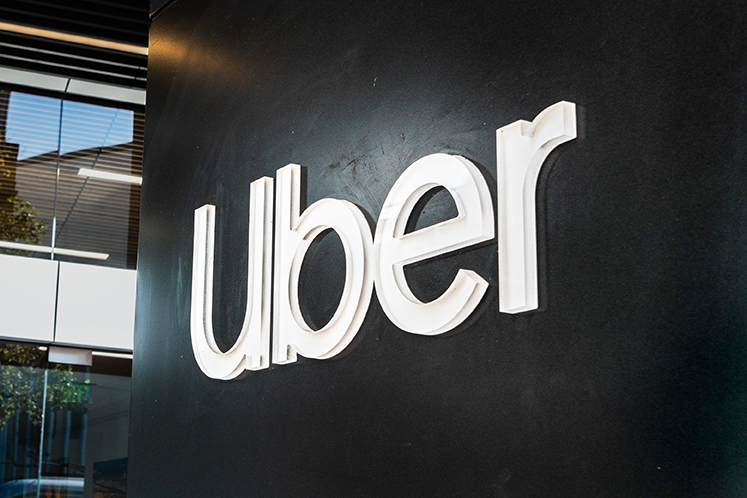Uber’s future in the UK, and perhaps Europe, hangs on a 20-year-old piece of private hire legislation. If things go the wrong way, Uber could owe HMRC billions from a VAT bill.
In 2016, Uber drivers James Farrer and Yaseen Aslam took the ride-hailing giant to an employment tribunal to be classified as workers. They were successful.
Uber appealed, but the Employment Appeal Tribunal upheld the ruling in 2017. Uber then took the case to The Court of Appeal, which upheld the decision in 2018. On 19th February 2021, The Supreme Court dismissed Uber’s final appeal. Uber had reached the end of the road.
In our first article on this subject, we calculated that Uber could be facing a HMRC liability of over £3.7 billion. This includes backdated payments for five years, considering a penalty of £20k per driver. HMRC has not presented an unpaid bill of this magnitude.
Perhaps we were a little bullish, but it turns out our estimation is not that far off the mark.
In 2019 Jolyon Maugham QC took HMRC to court to determine whether it was adequately assessing if Uber was paying the correct VAT amount. Maugham estimates that the tech company is liable for around £2 billion.
Uber Puts Their Hands Up, But Ignores The Potential VAT Bill
In March, the ride-sharing giant announced that drivers will receive holiday pay, pension contributions and a guarantee of the National Living Wage. They added that this was in addition to the benefits available to drivers since 2018, including free insurance to cover sickness, injury, and maternity or paternity payments.
As we’ve mentioned in our Uber coverage in recent months, this was a great step but not enough for some. Most notably, Uber appear to be ignoring a critical part of the judgement. Lord Leggat clarified that drivers are working from the moment they log into the app – irrelevant of whether they get a job. Frances O’Grady, who heads the Trade Union Congress, accused Uber of cherry-picking from the Supreme Court decision.
Uber has historically denied any contractual obligations with its drivers, classifying themselves purely as a booking agent that facilitates a contract between the driver and rider.
Uber Heads Back To The Courts With Hope
This month, Uber tried to end the uncertainty by initiating High Court proceedings to clarify whether the 1998 Private Hire Vehicles Act compels it to enter into a contract with passengers.
The rideshare giant initiated High Court proceedings to argue that the 1998 Private Hire Vehicles Act does not put them into a contract with passengers. Keen to keep themselves out of that relationship, Uber will emphasize their status as a booking agent.
In this interpretation, drivers take on much of the legislative responsibility for performing the contractual obligations while the tech company takes a commission payment for their part for introducing the two parties.
Uber Wants To Keep Things Just As They Are
Its unlikely that an act brought into legislation in 1998 is going to encompass the complexities of how the modernised private hire industry operates in 2021. Yet, Uber’s ‘disruptive’ technology enables the firm’s financial model to exist outside of constraints faced by traditional private hire operators.
Uber Has Good Reason To Want To Push On Contractual Responsibility
Pushing the contractual responsibility to drivers also pushes the VAT responsibility to drivers, but since the threshold for paying VAT is £85,000, many drivers don’t meet it. If the responsibility was on Uber, then they would owe (for example) £2 for every £10 ride. That is from now on, and also goes five years into the past. Naturally, the liability rises with every £10 ride that takes place. As we’ve stated above, HMRC could be collecting to the tune of billions.
Some experts also believe that the Supreme Court’s decision will spur EU countries to collect VAT from Uber. This could question Uber’s future in Europe.
Additionally, if The High Court rules that Uber’s model goes against the 1998 private hire act, it won’t look good for Transport for London. In 2017, TfL revoked Uber’s license on the basis that it didn’t do enough to ensure passenger safety but has now allowed them to operate outside of the contractual relationship with its users.
It seems ironic that Uber, a disruptive tech company that has shaken up the entire private hire industry, relies on a judge’s verdict that related to a 20+-year-old piece of legislation meant for the old world of private hire. The High Court’s verdict will certainly go some way to bringing the Uber legislative debacle to its final chapter.


